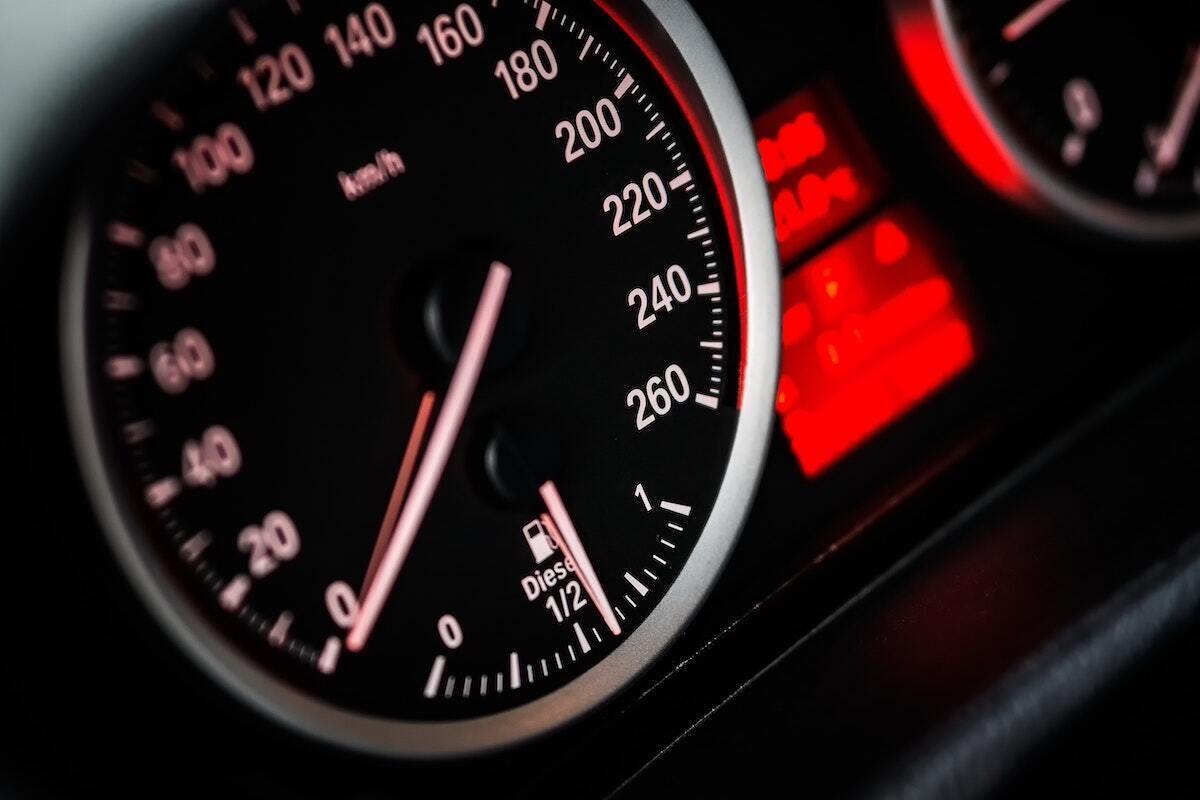- Here's why network infrastructure is vital to maximizing your company's AI adoption
- The iPad Mini is 20% off, making my favorite portable tablet even easier to recommend
- Best Buy is giving away $300 gift cards when you buy a Hisense TV - here's how to qualify
- How to uninstall the iOS 26 beta on your iPhone (and why you might want to)
- AI agents will be ambient, but not autonomous - what that means for us
Kneron drives automotive AI chip market with new KL730 release

Kneron has rolled out a new type of neural processing unit, the KL730, which integrates image signal processing and high energy efficiency for use in edge, security and automotive applications.
The San Diego-based chip designer, in an announcement Tuesday, said that the KL730 is powered by a quad-core ARM Cortex A55 CPU, along with its own-brand, fourth- generation neural processing unit, as well as a host of connectivity options, including SD, USB 2 and 3, and Ethernet. Its image processing technology also packs in the ability to read high-definition inputs at up to 8MP at 90 frames per second, hardware dewarping for full panoramic views, and several other image signal processing features.
Neural processing units are designed to perform math that is common in neural networks, used in tasks including image recognition.
According to Kneron, the KL730 will be capable of up to four effective tera-operations per second, in order to best support lightweight large language models for use in embedded applications.
The idea is to provide AI capabilities to a wide range of distributed, imaging-focused applications without the need for a network connection to a dedicated AI core running remotely — in essence, providing “on-device” AI hardware for everything from cars to medical devices to conference rooms.
“Running AI requires AI-dedicated chips with an architecture that is completely different from anything we’ve seen before,” said Kneron founder and CEO Albert Liu, in the company’s news release. “A simple re-appropriation of adjacent technologies, such as graphics-dedicated GPU chips, simply isn’t going to do the job.”
Systems leveraging the KL730 would use a smaller AI model, like nanoGPT or miniGPT, to provide an “embedded AI” presence in numerous potential use cases, according to a slide deck Kneron provided with the release. The use of the system in conjunction with the sensors increasingly common on modern cars could provide for improved safety and help conquer what have been major stumbling blocks for the industry like pedestrian recognition.
It could be used to provide enhanced image processing for surveillance cameras and teleconferencing, identifying license plates and faces automatically. Finally, the deck noted that small robotics technologies could gain improved speech recognition and intent comprehension.
The KL730 will be available for sampling in the first quarter of next year, according to Kneron, but the company declined to provide a general ability date. Pricing information was also not disclosed.
Copyright © 2023 IDG Communications, Inc.

